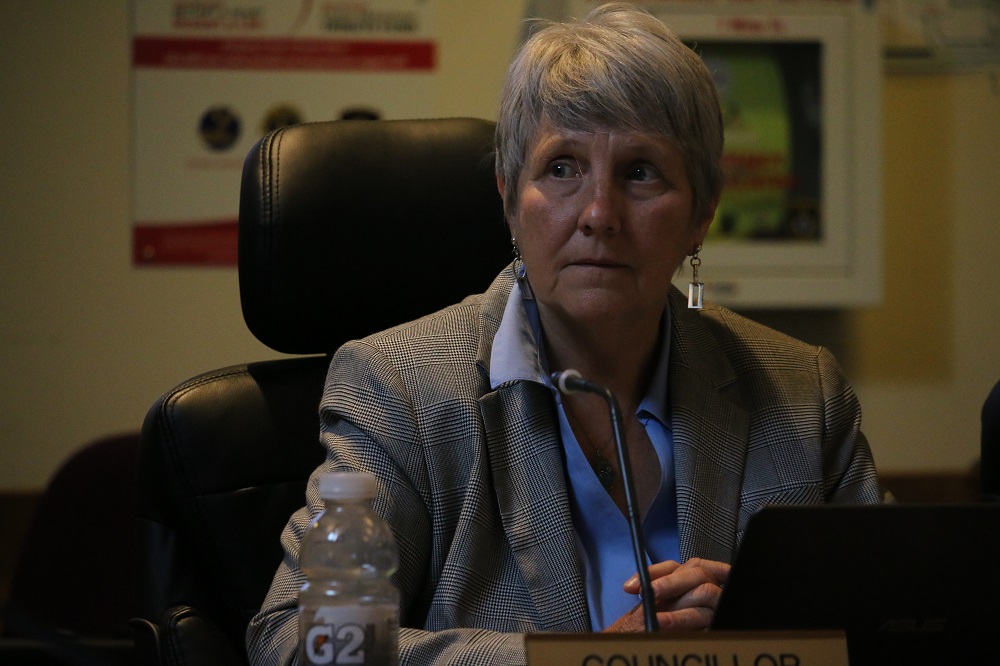Haliburton County is not alone in facing a “trifecta” of challenges – affordable housing, employment and transportation – delegates to the Rural Ontario Municipal Association (ROMA) conference heard Jan. 24.
ROMA chair Robin Jones, who is the mayor of The Village of Westport, said the association was looking to the future with a new plan for action, but still advocating for the immediate needs of its member municipalities.
One issue is affordable housing. To that end, Jones said ROMA was pleased to meet with the Ontario government just prior to the conference about the association’s desire for a full spectrum of housing options.
“Lack of affordable housing has hit our communities hard,” Jones said. “And unlike some urban markets, this is a new phenomenon for rural communities. And it is tough on our residents.”
She said that every time ROMA has discussed the issue in recent months, the “trifecta of affordable housing, and in particular reasonably-priced rental accommodation, employment and transportation” comes up.
“So, in my community, which is similar to many of yours, we have a large tourist industry and we have lots of jobs but we don’t have rental accommodation. So, to get staff to come take the job, they have to go to the closest municipality, which is 25 km away, and guess what? There’s no transportation. I’ve heard that from many of you.
“The challenge of affordable rental accommodation for employees is tough without transportation. This is just one aspect of the complexity of the housing needs and requires a full spectrum of housing approach.”
Jones said the meeting with the province was just the start of a conversation. She added the solutions will require commitment and flexibility to reflect rural circumstances and how current government policies constrain progress.
While Premier Doug Ford met with the rural leaders Jan. 23 prior to the conference starting, there have been no public announcements, as there have been for larger centres. However, in his address to the conference this past Monday, he said, “it’s an issue that affects rural Ontario just as much … the lack of supply that makes home ownership slip further from people’s reach every single year.”
He blamed “the crisis” on previous governments which he said “put ideology over the needs of Ontarians and allowed the supply of needed housing to fall behind what’s required.
“We can’t and won’t wait any longer to address this crisis and deliver the housing options that all Ontarians need.”
During the conference, there were three plenary sessions on housing. Homelessness in Rural Ontario: Challenges and Opportunities was chaired by Minden Hills Coun. Pam Sayne, who sits on the ROMA board. One of the research team during a presentation was Fay Martin of Minden Hills.
The other two sessions were: Filling the Housing Information Gap in Rural Communities and Innovative Housing Solutions in Rural Ontario.
Martin and her research partners found that compared to city dwellers, a higher percentage of people from rural Ontario reported they had experienced homelessness or hidden homelessness at some point in their lives, with the rural number 9.7 per cent and the urban 7.5 per cent.
They added hidden homelessness was also more prevalent in rural areas. They included: staying in tents or RVs; in substandard housing; couch surfing or overcrowding; survival sex [offering sex in exchange for housing] and staying in motels or single rooms. This was in addition to: squatting or sleeping outside; living in bush camps; sleeping in vehicles or staying in shelters.
Some of the other themes at this year’s ROMA conference included: working with Indigenous Peoples, poverty reduction, community safety and well-being, improving connectivity, opportunities for post-COVID recovery, health care and climate change.





